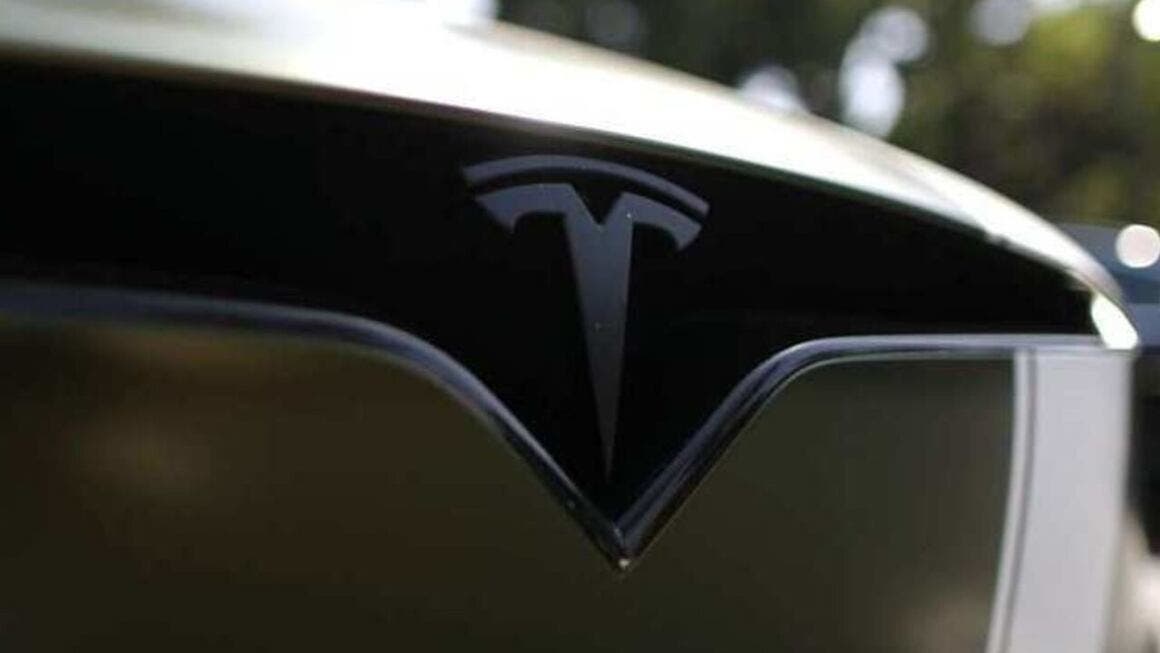A couple of weeks ago, the human rights organization International Rights Advocates (IRAdvocates) filed a lawsuit against Tesla, accusing the company of misleading consumers about the ethical and environmental standards of its supply chain.
The case highlights the growing gap between Tesla’s polished image as a pioneer of sustainable mobility and the harsh realities tied to the sourcing of critical materials. According to the lawsuit, Tesla sources cobalt from mining giant Glencore, a corporation that has faced criminal convictions in both the United States and Switzerland for corruption and money laundering.
In the Democratic Republic of Congo, where Glencore operates extensively, workers have reported grueling shifts, lack of access to food and clean water, and poverty-level wages. Local communities have endured severe environmental damage, including polluted air, poisoned waterways, and destroyed farmland.

Adding to the controversy, Glencore’s security forces have been accused of shooting, torturing, and even killing residents suspected, often wrongly, of artisanal mining. The complaint also points to Tesla’s ties with Huayou Cobalt, a Chinese multinational whose subsidiary, Congo Dongfang International Mining SARL (CDM), sources cobalt from large industrial projects such as Sicomines and Tenke Fungurume Mining (TFM). These operations have long been associated with forced labor, violent evictions, and physical abuse of workers.
In 2024, TFM displaced roughly 2,500 residents after a pollution disaster linked to its facilities claimed dozens of lives. Despite this record, Huayou mixes cobalt from these mines during the refining process, funneling it directly into Tesla’s supply chain.

The picture might be stark: while Tesla promotes itself as an eco-conscious and socially responsible brand, it allegedly continues to benefit from a supply network riddled with human suffering and ecological destruction.
The case, filed under the DC Consumer Protection Procedures Act (CPPA), argues that Tesla’s public statements amount to deceptive and unfair trade practices. The law allows consumers in the District of Columbia to hold companies accountable for false claims and misleading conduct, especially when those claims shape purchasing decisions.
